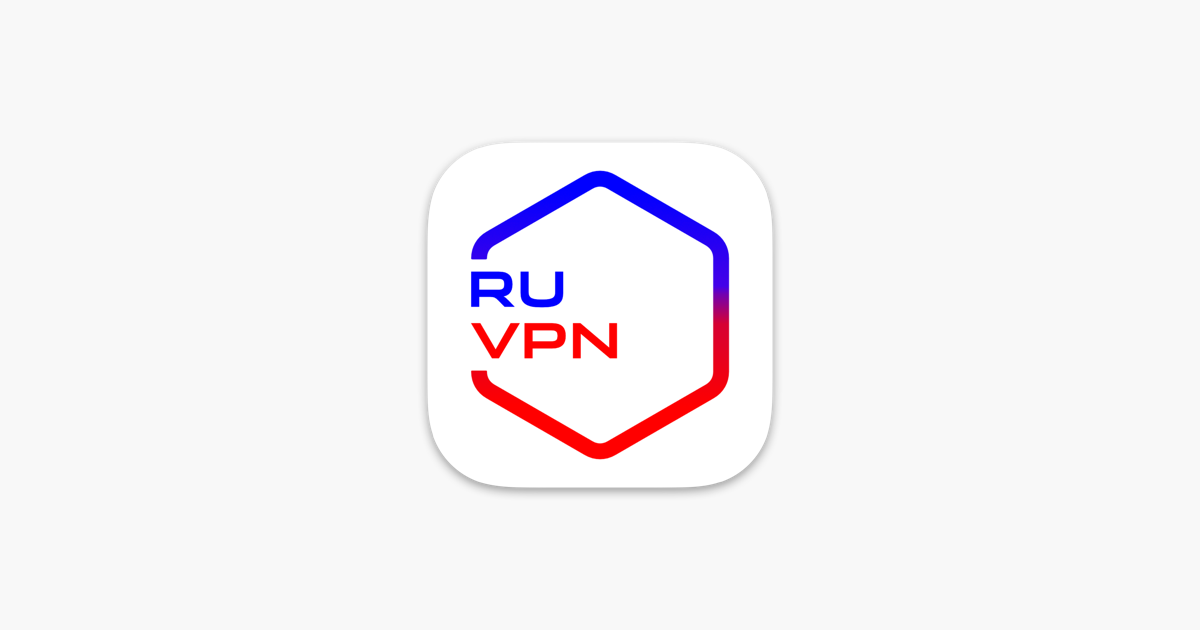Cyberthreats on the Rise: How VPN Can Become Your First Line of Defense

In today's digital world, cybersecurity threats are growing at an alarming rate. Hackers, government agencies, and malicious actors are constantly refining their methods to gain access to users' personal data. Under these conditions, a VPN (Virtual Private Network) is becoming not just a useful tool, but a necessary element of digital self-defense.
Modern Cyberthreats: The Invisible Danger
Today, users face numerous threats when going online. Among the most common are:
- Data theft on public Wi-Fi networks: unsecured networks in cafes, airports, and hotels often become sources of personal information leaks.
- Surveillance by internet service providers: many providers track and sell data about your online activity to advertisers.
- Targeted phishing attacks: malicious actors are using increasingly sophisticated social engineering methods.
- Ransomware: the number of encryption attacks has increased by 150% over the past two years.
What is a VPN and How Does it Work?
A VPN creates an encrypted tunnel between your device and the internet, making your online activity virtually invisible to prying eyes. This happens as follows:
- Your traffic is encrypted before it leaves your device
- The encrypted data is directed to a VPN server
- The VPN server acts as an intermediary, hiding your real IP address
- Your traffic exits to the internet with the VPN server's IP address
How VPN Protects Against Major Cyberthreats
Protection Against Data Interception
When you connect to public Wi-Fi, any malicious actor with minimal technical skills can intercept unencrypted traffic. VPN makes this type of attack practically impossible by encrypting all your traffic using modern protocols.
Protection Against Surveillance
Internet service providers often collect and analyze data about which sites you visit and which online services you use. A VPN hides this information from your provider, showing them only the fact of connection to a VPN server.
Minimizing the Risk of Targeted Attacks
By hiding your real IP address, a VPN makes it more difficult for malicious actors to gather information about you, making the preparation of targeted attacks significantly more complex.
How to Choose a Reliable VPN Service
When choosing a VPN service, pay attention to the following criteria:
- No-logs policy: ensure that the service does not keep records of your activity
- Company location: jurisdictions with strong privacy laws are preferable
- Encryption protocols: modern protocols provide better protection
- Kill Switch feature: automatically terminates internet connection when the VPN connection is lost
- Connection speed: some VPNs significantly slow down internet performance
Limitations of VPN as a Protection Measure
It's important to understand that a VPN is not a panacea for all cyberthreats. It will not protect you from:
- Malware that you have installed yourself
- Phishing attacks if you enter your data on a fake website
- Leaks through third-party services to which you have provided your data
Conclusion
In an era of growing cyberthreats, a VPN is becoming a necessary tool for protecting digital life. While it doesn't provide absolute security, a VPN significantly increases your level of privacy and security, creating the first and very effective barrier against the most common cyberthreats. Investing in a quality VPN service today can prevent serious security problems tomorrow.





